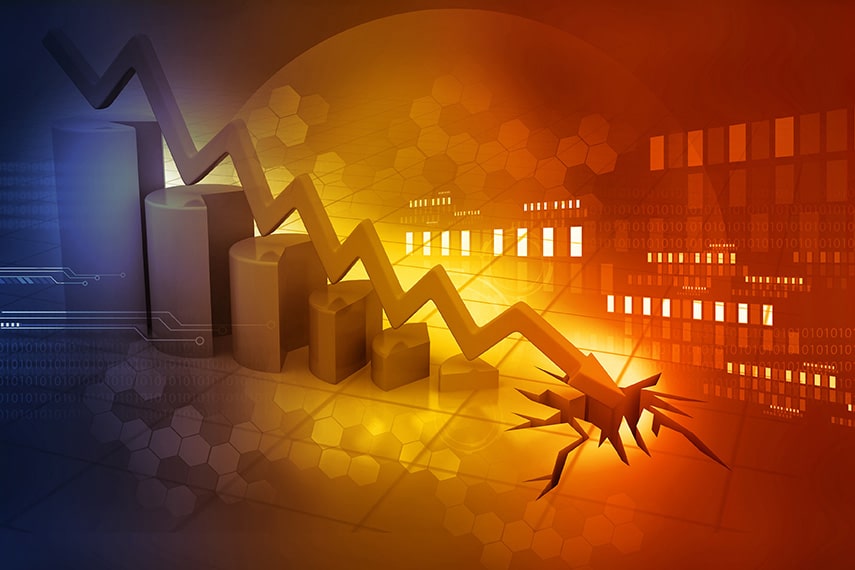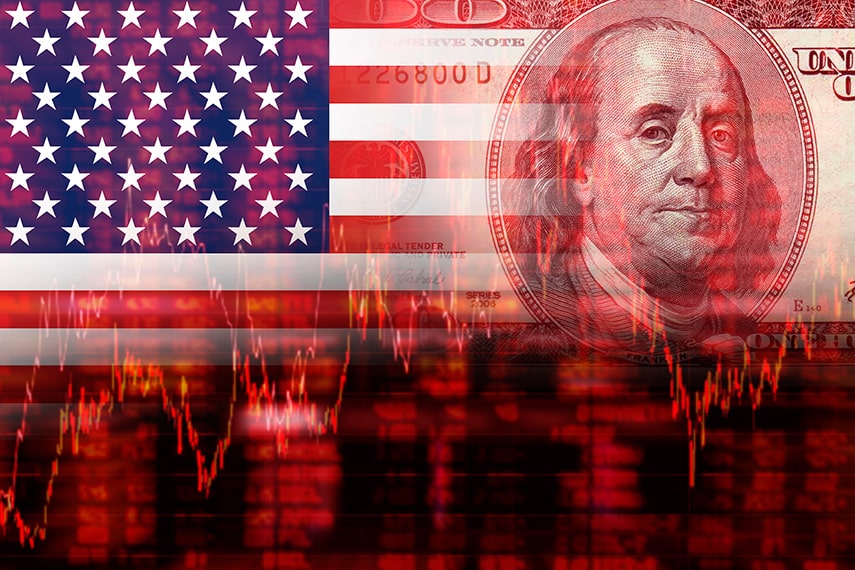
Yesterday the Dow plunged another 365 points and S&P 500 lost two and half percent. That drop officially put U.S. stock indexes in correction territory, meaning they’ve lost ten percent or more since the last peak. Asian stocks sank after losses on U.S. markets, a turnaround from last week when Asian markets were dragging down U.S. equities. Since we now live in a global economy, European stock markets then took their turn, falling down a few hours later.
If you listen to Michael Burry, the real-life genius behind the movie ‘The Big Short,” we’re on the doorstep of another financial crisis. Once again, he seems to be right. More importantly, the underlying behaviors that drove the economy into the ground in 2008 are still alive and well today. Burry dings the usual suspects: Wall Street mega-banks, but also reminds us that millions of Americans lined up at the hog trough that was the U.S. housing market in the days before the bubble collapsed. Blaming Wall Street exclusively ignores the near complete lack of personal responsibility we have on an individual level to make prudent and rational financial decisions. According to Burry, that “blame others first” mentality is still with us today.
How Low Will We Go?
Stock analysts are using terms like “violent” to describe recent market trading. As losses continue to mount more and more investors are pulling their money out of the market to stop the bleeding. Hedge funds and investment houses have to liquidate more of their holdings to pay for redemptions and investor flight. More selling pushes prices lower, spurring further selling. So, given the dynamics, how low can stocks go? Conservative estimates suggest stocks could lose another ten percent; darker predictions say another fifteen percent.
Rigged Against the Little Guy
Another point Burry makes is that, even though the big players and the home borrowers were equally greedy in the crash of 2008, the consequences were not equally distributed. Virtually none of the executives responsible for the Great Recession went to jail, but millions of borrowers who lost their homes and had to file bankruptcy paid a severe price. In the current crisis, companies borrow money to buy back their own stock, inflating stock prices. Executives still get staggering bonuses and pay raises even as stock prices tumble and the 401(k) accounts of working Americans crater by twenty-five or thirty percent. The same was true in the Dot-Com bubble.
What Got Us Here Hasn’t Gotten Better
If you accept Burry’s fundamental premise that the reason we keep experiencing massive crashes is due to a lack of accountability in the system, then, if anything, the situation is worse now than it ever has been. Just like in 2008, people planning on retiring soon now will be forced to rethink whether they can afford to leave a steady job.
As Stocks Enter Correction Territory – Have You Corrected Course?
To reduce the destructive effects of volatility on your retirement savings it may be wise to consider reducing your exposure to equities and transition to longer term investments that are free of Wall Street’s manipulations. Hard asset IRAs provide a great deal of flexibility and, if properly managed, shift more of your investments from paper-based assets whose value depends wholly on a vulnerable market to physical assets that have inherent value and a ready market.
Given the market’s track record on volatility, it’s worth your while to explore your alternatives.






